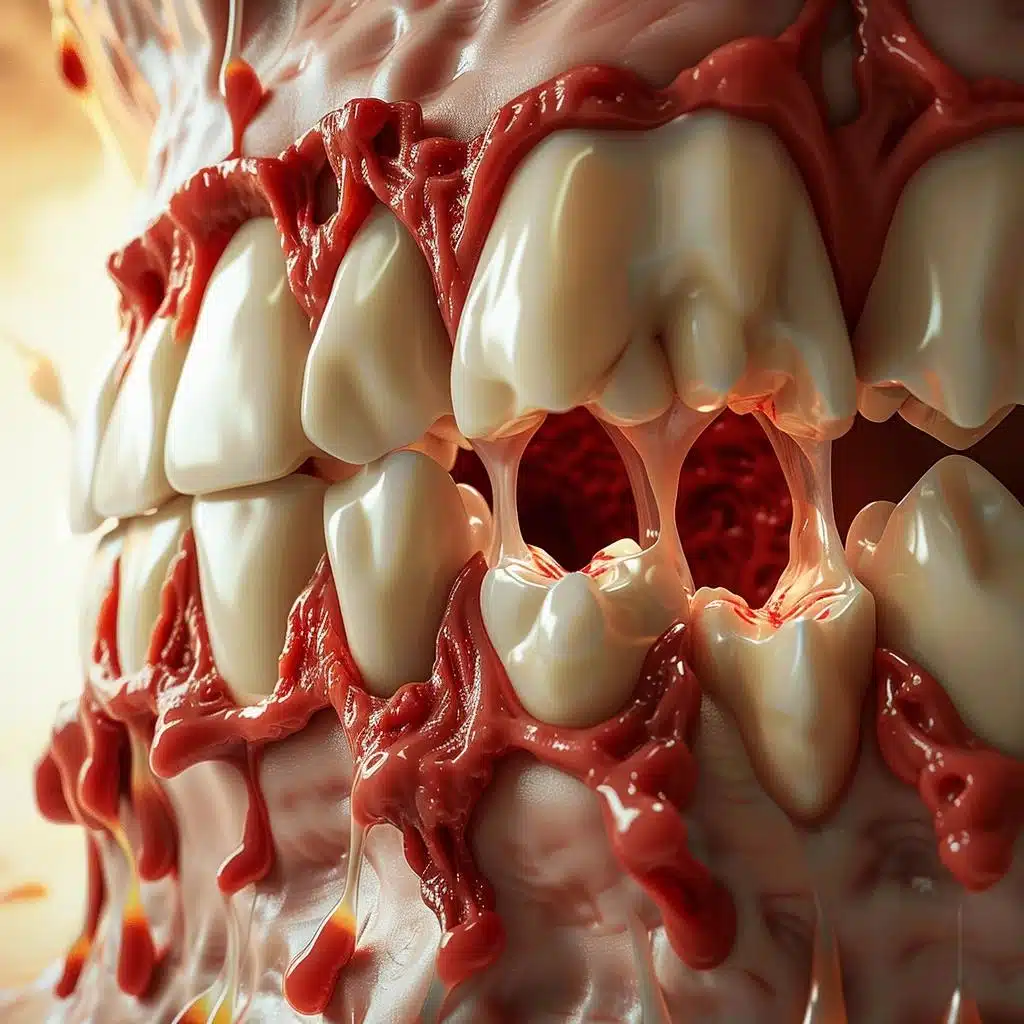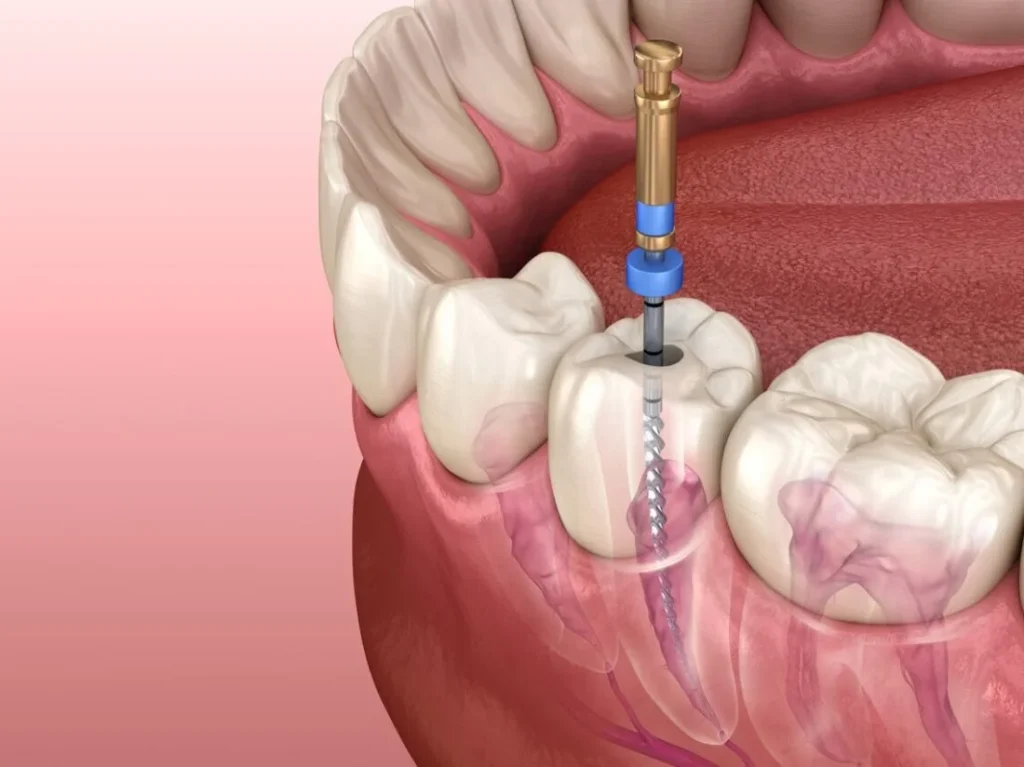How Long Until a Tooth Infection Kills You? Protect Your Health Today
Although a toothache may seem like a minor inconvenience, did you realize that if left untreated, it can become dangerous? Even though the majority of tooth infections are curable, if you ignore a tooth infection, it can spread throughout your body and cause major health problems.
A tooth infection may occasionally even turn fatal. But don’t worry, this article will explain how long an infection takes to get worse and what you can do to stop it before it gets out of control. Now let’s get started!
1. Understanding the Basics of a Tooth Infection

Bacteria infiltrate the pulp of the tooth, which is the soft tissue inside the tooth, resulting in a dental abscess or tooth infection. Untreated cavities, gum disease, or tooth damage can all lead to this. Bacteria infect the pulp when they get there, causing swelling, inflammation, and pus production. Severe pain, sensitivity, and sometimes noticeable swelling surrounding the affected area are frequently caused by the infection.
Without medical attention, a tooth abscess cannot heal on its own even while the body’s immune system battles the infection. Sometimes an infection doesn’t hurt very much, so people choose to ignore it. But if treatment is not received, even a painless abscess has the potential to spread to other body sites. It’s critical to realize that any tooth infection is a dangerous problem that has to be treated right away.
The infection can spread from the tooth into the jaw, surrounding tissue, and potentially the bloodstream if it is not treated right away. It becomes much more difficult to control and greatly raises the possibility of serious consequences if it spreads.
2. How Does a Tooth Infection Spread?
An infection in the tooth can progress quickly if left untreated. Beyond the tooth, the bacteria can spread through the soft tissues of the jaw, neck, and face. The infection may then spread to other vital organs like the heart, lungs, and even the brain by entering the bloodstream. When the body’s immune system overreacts to an infection, it can cause widespread inflammation and a condition known as sepsis.
An infection is far harder to treat once it has spread, necessitating more forceful measures like antibiotics or surgery. Dental infections can occasionally result in potentially fatal illnesses like Ludwig’s angina, a serious skin infection beneath the tongue. In the event that swelling blocks the airway, breathing difficulties and a medical emergency may ensue.
Fever, elevated swelling, difficulty swallowing, and overall exhaustion are early indicators that a tooth infection is spreading. All of these are signs that the body is having difficulty fighting off the infection, and at this stage, getting medical attention quickly is essential.
3. Time Frame: How Quickly Can a Tooth Infection Turn Dangerous?

The degree of the infection, how soon it is discovered, and the patient’s general health all affect how quickly a tooth infection becomes life-threatening. If a tooth infection is not treated, it can sometimes spread in a couple of days. The body may be able to fend off the illness for a while in healthy people, but if treatment is not received, the infection will eventually get worse.
A minor toothache can develop into a serious illness in a matter of weeks. It is possible for the pain to come and go, which could mislead people into thinking the issue has addressed itself. Even a brief respite, though, does not mean that the illness has disappeared.
In more severe situations, if the infection spreads quickly, a person may experience life-threatening symptoms within a week, such as sepsis or endocarditis (infection of the heart’s inner lining). To reduce these hazards, it’s critical to get treatment as soon as an abscess appears.
4. Potential Life-Threatening Complications of a Tooth Infection
A tooth infection can lead to major difficulties if it extends outside of the mouth. Sepsis, a potentially fatal illness when the body’s reaction to an infection results in widespread inflammation, tissue destruction, organ failure, and death, is one of the most hazardous outcomes. Severe sepsis must be treated with urgent care and an immediate hospital stay.
Endocarditis, an infection of the inner lining of the heart, is another possible consequence. This happens when bacteria from the abscess travel through the blood and end up in the heart, severely damaging the valves. If endocarditis is not treated right away, it may be fatal.
Brain abscesses, in which the infection travels to the brain and results in swelling, and respiratory problems in the event that the illness’s swelling obstructs the airway are further complications. Every one of these issues can turn deadly very quickly and needs to be treated medically right now.
5. Preventing and Treating a Tooth Infection

Maintaining proper oral hygiene is the first step towards preventing a tooth infection. In order to prevent infections, dental issues like cavities or gum disease can be detected early on with regular brushing, flossing, and examinations. In order to keep bacteria out of the tooth, it’s also critical to properly treat for any oral injuries, such as cracked teeth.
It’s important to get medical attention right away if you get an illness. If a root canal is required to remove the diseased pulp, a dentist may advise draining the abscess or, in extreme cases, extracting the tooth. Antibiotics are not a treatment in and of themselves, although they are frequently administered to stop the infection from spreading. To completely address the problem, professional dental care is required.
It’s risky to ignore a tooth infection. Delaying treatment raises the chance of major health issues, even if the pain appears tolerable. To avoid further issues, always take infection symptoms seriously and get dental care.




